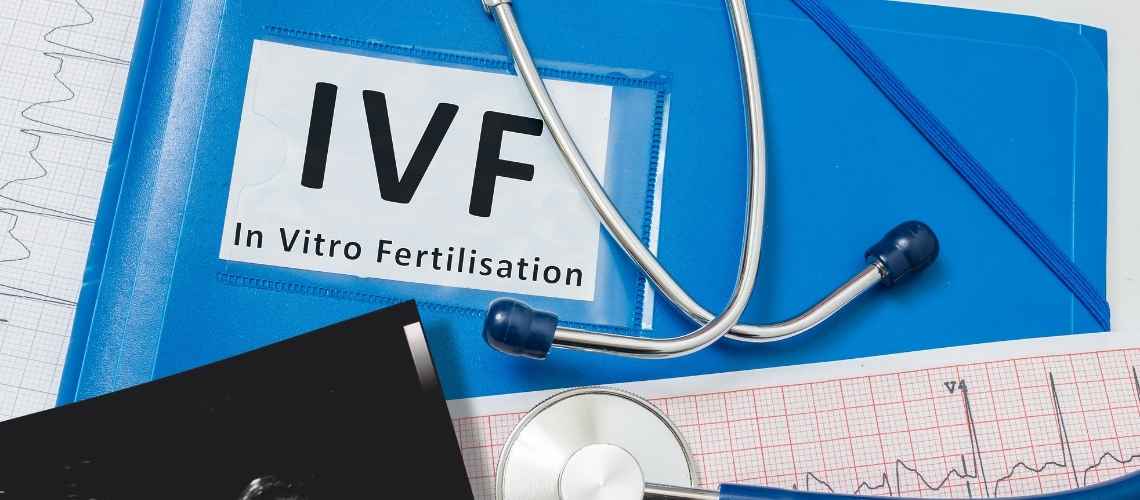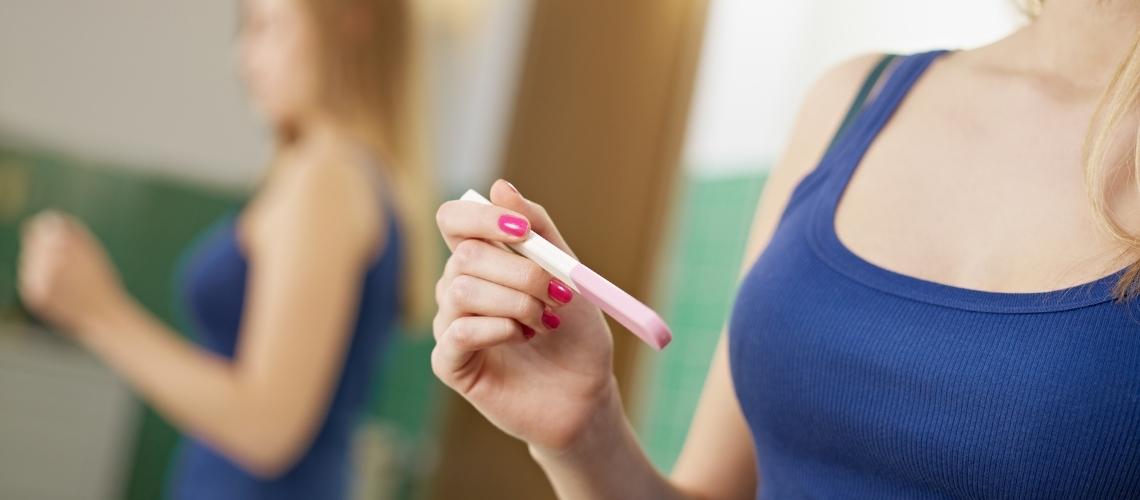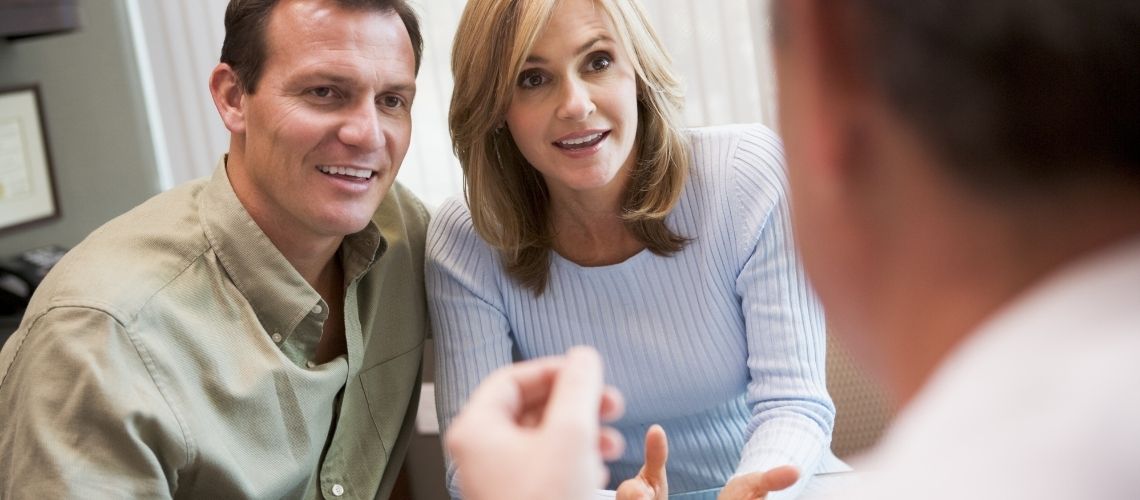Acupuncture is one of the complementary and alternative therapies that has grown in popularity recently regarding fertility.
Practitioners claim that the treatment may help menstruation and ovulation, as well as alleviate stress, despite objections. This is because it stimulates blood flow to the uterus. But now there is solid proof to show that acupuncture does not improve your chances of getting pregnant. An effective method of treating stress and anxiety is acupuncture.
Many individuals and couples wishing to conceive or raise a family are finding that exploring health and treatment choices outside of Western medicine is often a far more inexpensive and acceptable option.
What is acupuncture?
The natural healthcare method of acupuncture, which dates back to ancient China, uses a comprehensive approach to diagnose, treat, and prevent disease. The assumption behind the treatment is that disease, illness, and health issues are brought on by an obstruction of the body’s normal flow of energy, or chi.
Depending on the precise issue and desired results of treatment, the procedure entails injecting tiny needles into various body areas in order to stimulate the body’s chi.
The consultation portion of the appointment, which lasts about an hour on average, is followed by 20 to 30 minutes of comfortable repose with tiny needles in place. The legs, waist, or lower abdomen are the usual targets for the needles in cases involving infertility.
What does acupuncture have to do with fertility?
When trying to conceive, immediately before beginning fertility treatment, or in the first few weeks of pregnancy, acupuncture can be used. Practitioners advise that it may also be advantageous for women to pursue it after several months or years of futile attempts to conceive, whether or not they had fertility help.
It is advised that you visit an acupuncturist once a week for roughly 12 weeks if you are attempting to get pregnant naturally.
Improving blood flow to the endometrium and ovaries is the aim of treatment when seeking to boost fertility. This may promote optimal ovarian function and aid in thickening the uterine lining.
How is acupuncture done in the IVF cycle?
Acupuncture can enhance menstrual cycles, increase ovulation, and control hormones in preparation for IVF cycles while lowering stress by affecting the central nervous system.
Some acupuncturists suggest a brief course of therapy prior to and shortly following embryo transfer during IVF in an effort to increase the likelihood of implantation. This is due to the fact that, if applied at the proper time, acupuncture can aid in uterine lubrication during transfer.
Acupuncture can help reduce stress and keep your body operating in the healthiest way possible because IVF procedures can be a tiring and emotional period for women and couples.
It is crucial to first discuss your goal to use acupuncture with your fertility physician if you are currently doing IVF.
How many acupuncture sessions for IVF?
The number of acupuncture sessions for IVF can vary depending on several factors, including your individual needs, the recommendations of your acupuncturist, and the specific IVF protocol being used.
Some acupuncturists may recommend starting weekly acupuncture sessions several months before beginning IVF treatment to help prepare the body and improve overall fertility. During the IVF cycle, additional acupuncture sessions may be recommended at specific points in the cycle, such as before and after embryo transfer.
The exact number of sessions will vary depending on the individual, but a typical course of treatment may involve 4-6 sessions before IVF, followed by 2-3 sessions during the IVF cycle, and one session after embryo transfer. However, it is important to discuss the recommended number of sessions with your acupuncturist, as they can tailor the treatment plan to your specific needs and goals.
It is advisable for patients to continue receiving acupuncture treatment during the initial trimester of pregnancy. Those who have low-risk pregnancies may discontinue treatment after reaching 12 weeks gestation. On the other hand, patients with high-risk pregnancies are advised to continue acupuncture sessions, but at a less frequent interval of every 4-6 weeks in most cases.
Does Acupuncture Improve IVF Success Rates?
Firstly, undergoing IVF is known for its high stress levels. Acupuncture offers a soothing effect that may significantly lower stress hormones. Consequently, this reduction could lead to enhanced egg quality and a higher rate of successful implantation.
Secondly, there’s the aspect of improved blood circulation. Acupuncture is believed to boost blood flow specifically to the uterus and ovaries. This enhanced circulation provides multiple benefits:
- It nourishes the follicles.
- It aids in the development of eggs.
- It contributes to creating a uterine lining that is more conducive to embryo implantation.
Lastly, the impact on hormone regulation cannot be overlooked. Through its potential to balance hormones, acupuncture might have a direct influence on the maturation of eggs and the timing of ovulation. Therefore, this ancient practice is considered by some as a supportive treatment alongside IVF. It aims not just at improving the physical conditions necessary for conception but also at fostering a more balanced and stress-free environment for potential parents navigating the IVF journey.
Source:
Nandi, A., Shah, A., Gudi, A., & Homburg, R. (2014). Acupuncture in IVF: A review of current literature. Journal of Obstetrics and Gynaecology, 34(7), 555-561.





